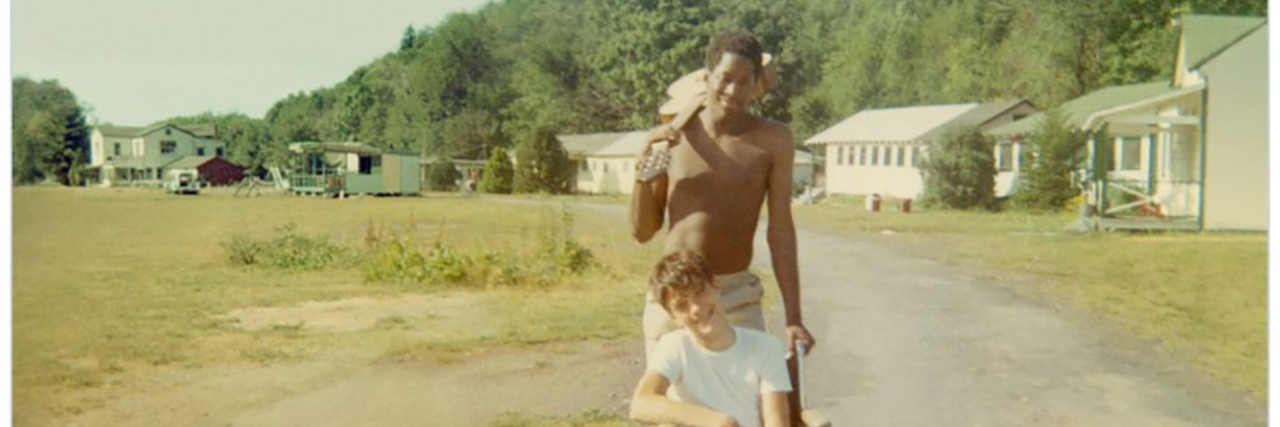Netflix’s new documentary “Crip Camp,” produced by Barack and Michelle Obama, was directed by filmmakers Nicole Newnham and Jim LeBrecht, who has spina bifida. It features archival footage from Camp Jened, a summer camp for disabled individuals in 1970s New York. In conjunction with modern-day interviews, “Crip Camp” tells the story of the disability rights movement that led to the Americans With Disability Act in 1990 and beyond.
When the camp began in 1951, it was seemingly your run-of-the-mill camp. By the time most of those featured in the documentary attended, it was definitely out of the ordinary. As the campers get to know each other, they begin to realize that being disabled is not the only thing they have in common. Their desire for autonomy and equality amongst their peers who were not disabled allowed them to forge a bond. They carried this bond and newfound determination with them as they fought to get the regulations of Section 504 of the Rehabilitation Act enforced.
When I first sat down to watch “Crip Camp,” I wasn’t sure what to expect. However, as a disability rights advocate, I knew just how important it was. Within the first 10 minutes, the documentary provoked a multitude of emotions, the predominant one being anger. As a whole, the disability rights movement has not come very far in almost 50 years. The disabled community is still having to fight for every little right. We are still being spoken to in a condescending and dismissive manner, the same way activist leader Judy Heumann and so many others at the time were when pleading their case.
The “expense” of accessibility has always been in the forefront of the discussion surrounding access. Whether we are referring to 1973 or 2020, making spaces accessible to those in need is often not a priority because of claims that it would cost too much. The disability community both then and now are expected to be thankful for things such as accessible bathrooms and equal education, employment and pay. Those who are not disabled are never expected to show any signs of gratitude because they have access to a bathroom.
During the documentary, disability rights activist Judy Heumann said poignantly:
I’m very tired of being thankful for accessible toilets. If I have to be thankful for an accessible bathroom, when am I ever gonna be equal in the community?
That quote embodies the epitome of the disability rights movement. It is the one I identified most strongly with in the documentary. Almost daily, I am told I should be grateful for what I have in terms of access. Perhaps in the times we’re living in, those who aren’t disabled should be told to be grateful for access to the most basic things in life. Maybe then they will understand the demeaning and condescending tone that statement carries.
The disability rights movement has been fought by many, but understood by few. “Crip Camp” does an amazing job of showing just how far we’ve come and how far we still have to go. I believe if “Crip Camp” is to be considered groundbreaking, it should be because it is a collection of stories about disabled people by disabled people. There was no inspirational lens put on it. The emotions were real and raw. “Crip Camp” is an absolute must-see for all adults, and I give it a five-star rating.
Rating: 
HEADER IMAGE VIA SUNDANCE FILM FESTIVAL

